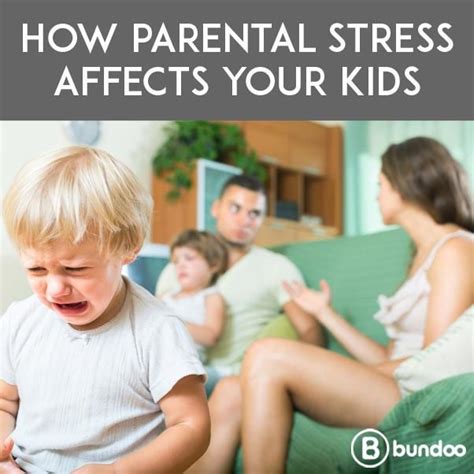

How Parents’ Stress in 2025: VS. Children’s Well-being
Introduction
Stress is a prevalent issue that affects individuals across all walks of life, including parents. While it is often viewed as a normal part of adulthood, parental stress can have a profound impact on children’s well-being. In the wake of the COVID-19 pandemic and ongoing socioeconomic challenges, Elternstress levels have reached unprecedented heights, underscoring the need to examine its potential consequences on child development and outcomes.

Understanding Parental Stress
Parental stress refers to the psychological pressure and emotional strain experienced by parents in response to the demands and challenges of parenting. It can be triggered by various factors, including financial worries, marital problems, work-life balance issues, and concerns about children’s well-being.
According to the American Psychological Association, nearly 80% of parents report experiencing significant stress related to parenting, with 25% indicating that they feel overwhelmed by stress on a regular basis. These high levels of stress can have significant implications for both parents and children.
Impact of Parental Stress on Children
Research consistently shows that parental stress can have a detrimental impact on children’s physical, cognitive, and emotional development. Studies have found that children exposed to high levels of parental stress are more likely to experience:
- Physical health problems: Increased risk of obesity, cardiovascular disease, and respiratory issues.
- Cognitive difficulties: Impaired attention, memory, and problem-solving abilities.
- Behavioral issues: Hyperactivity, aggression, and withdrawal.
- Emotional problems: Anxiety, depression, and low self-esteem.
- Social difficulties: Difficulty forming and maintaining healthy relationships.
Mechanisms of Parental Stress Impact
The mechanisms by which parental stress affects children are complex and multifaceted. However, some key pathways have been identified:
- Parenting behaviors: Stressed parents may engage in less positive and supportive parenting behaviors, such as harsh discipline, inconsistent boundaries, and reduced affection.
- Emotional contagion: Children are highly attuned to their parents’ emotions. When parents are stressed, they may display negative facial expressions, tone of voice, and body language, which can trigger stress and anxiety in children.
- Reduced parental investment: Stressed parents may have reduced time and energy to invest in their children’s development. This can lead to missed opportunities for learning, bonding, and emotional support.
The Importance of Parental Self-Care
In light of the potential risks associated with parental stress, it is essential for parents to prioritize their own self-care. By taking steps to manage stress, parents can create a more positive and nurturing environment for their children.
Some effective self-care strategies include:
- Seeking support: Talking to friends, family, or a therapist can provide emotional support and coping mechanisms.
- Engaging in stress-reducing activities: Exercise, meditation, yoga, and spending time in nature can help reduce stress levels.
- Setting realistic expectations: It is important to recognize that parenting is a challenging task. Avoid putting excessive pressure on yourself to be a perfect parent.
- Delegating tasks: Ask for help from your partner, family members, or friends when needed.
- Taking time for yourself: Schedule some time each day to do something you enjoy, even if it is just for a few minutes.
Conclusion
Parental stress is a serious issue that can have a significant impact on children’s well-being. By understanding the mechanisms of parental stress impact and prioritizing self-care, parents can create a more positive and supportive environment for their children.
Remember, you are not alone. There are resources available to help you manage stress and improve your well-being. By taking care of yourself, you are not only taking care of your children but also investing in their future.










